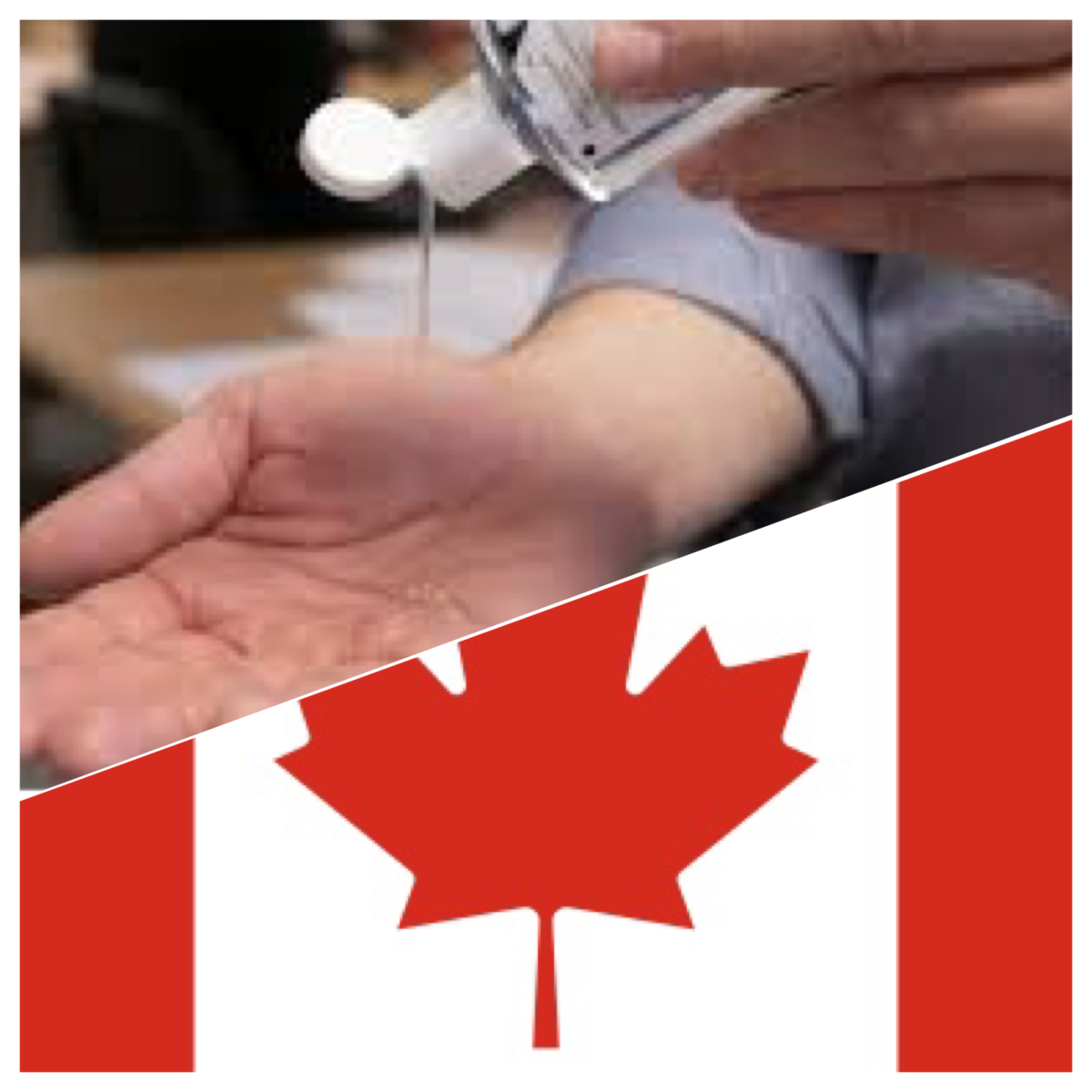Since France has ground to a near-halt under Covid-19 confinement measures, growers and négociants in Bourgogne have continued to work, introducing some ingenuity. This is essential because the vines continue to grow; there is work to be done in the cellar, and because one also has to think about when normal business resumes. In Bourgogne, growers and négociants are adhering to strict safe distancing measures both in the vines and the winery.
Activity accelerating in the vines
The hashtag #LaVigneContinue exists for a good reason: Nature cannot be confined! Especially in the springtime, when the sap rises, and the buds emerge from their downy cocoons. In each plot, there is work to be done. The cuttings must be cleared after pruning, trellising must be repaired, the canes need tying up, the ground needs plowing. After budburst, the excess buds and suckers will need to be removed.
Growers and négociants in Bourgogne are continuing to work as far as possible and adapting to the situation. Nicolas Rossignol, in Gevrey-Chambertin, has reorganized his team: “I have asked everyone to use their personal vehicle to get around. In the vines, it is one to a plot, or else we leave two or three rows between us (2 to 3m) if we have to work in the same place. In addition to tying up and fixing trellising, we are also starting to plow. I have two tractors, so each driver has their own.”
And for a touch of local ingenuity, he reveals that instead of using commercial hand-sanitizer, he dug out some of the “head” distillation liquid from a batch of marc de Bourgogne. “It’s around 80% alcohol, so it’s ideal for disinfecting hands and equipment. In the same vein, we no longer eat together. Since we’ve had fine weather, everyone has lunch outside. You just have to go one at a time into the kitchen to reheat your dish.”
There are some unexpected obstacles to manage, such as hiring a seasonal worker to make up for the absence of an employee who has to stay at home to look after children while the schools are closed.
In wineries that have larger teams of staff, managers have also had to adapt. With 10 or more employees, flexibility is the order of the day. Working times are staggered to avoid encountering coworkers, and those who are partially occupied looking after children come into work when they can, including on weekends. Nicolas Rossignol concludes: “The growth cycle has begun, although the cold which came at the start of last week slowed it a little. But overall, we are working at the same pace as usual.”
Complex adaptation for shipments
During this season, activity in the cellar is calmer. The wines are in the middle of aging, and the main task is topping up barrels. This only usually requires one person. Other lower-priority tasks can wait.
The area of bottling, labeling, and shipping poses another set of challenges. Some companies are carrying on, anticipating that others will resume activity a fortnight from now. But whatever the task, managers are attentive to maintaining safe distances between employees, and respecting all the recommendations from the Ministry of Health. The essential thing is looking after the health of staff.
On the commercial front, there are fewer orders than usual. Some transporters continue to make deliveries, while certain international orders have been put on one side, ready to go as soon as international transport resumes.
“We know the current situation is only temporary, and we are ready to respond to increased demand as soon as it comes,” said Louis-Fabrice Latour, President of the Bourgogne Wine Board (BIVB) and CEO of the Louis Latour wine house. “Managers of wineries and estates are keeping a close eye on when normal production activity can resume, whilst ensuring the health and safety of all concerned.”
On behalf of the whole wine sector, he added: “We are aware of all the efforts being made, on all levels, for France to emerge from this health crisis as quickly and in the best shape possible. We will contribute to this return to normal. We are also greatly appreciative of all of those who are taking care of us and our families.”





